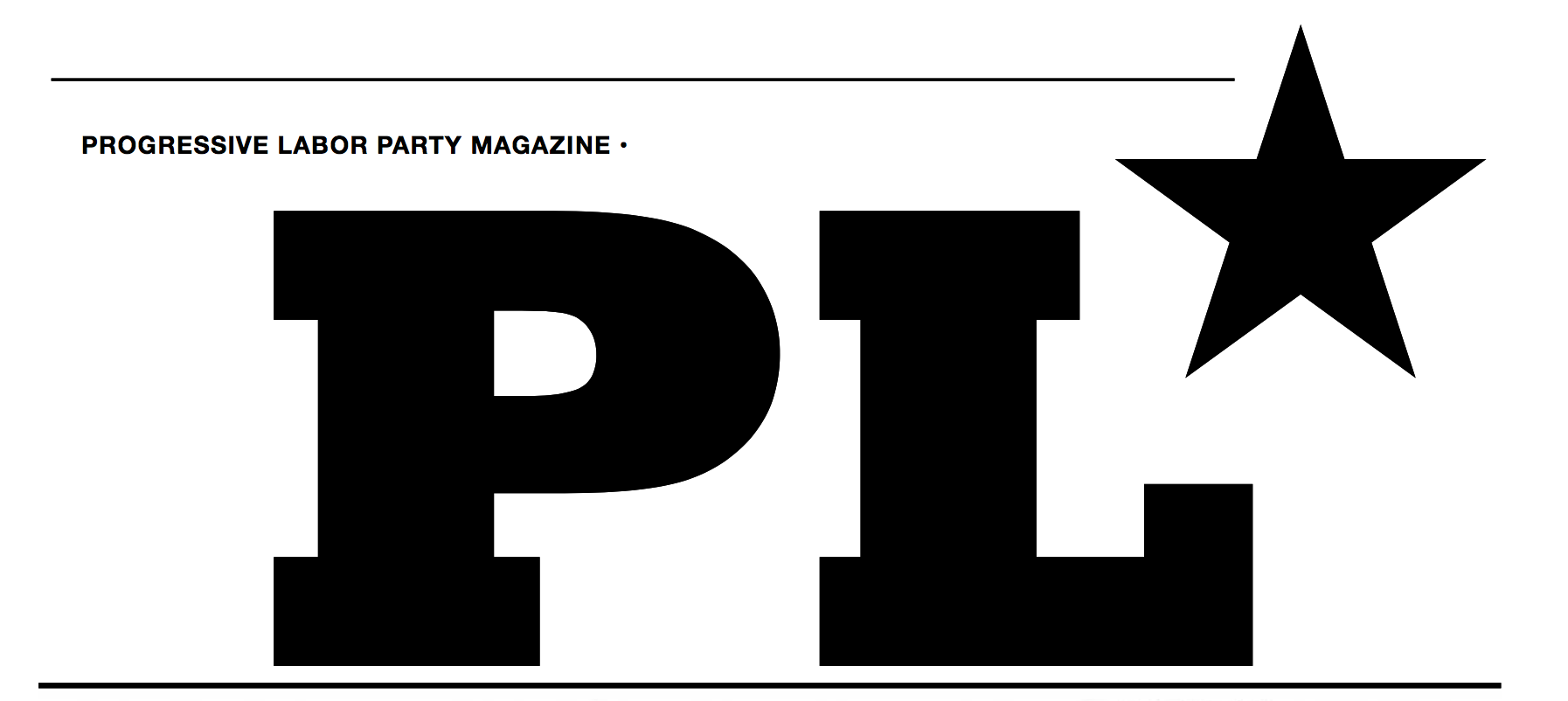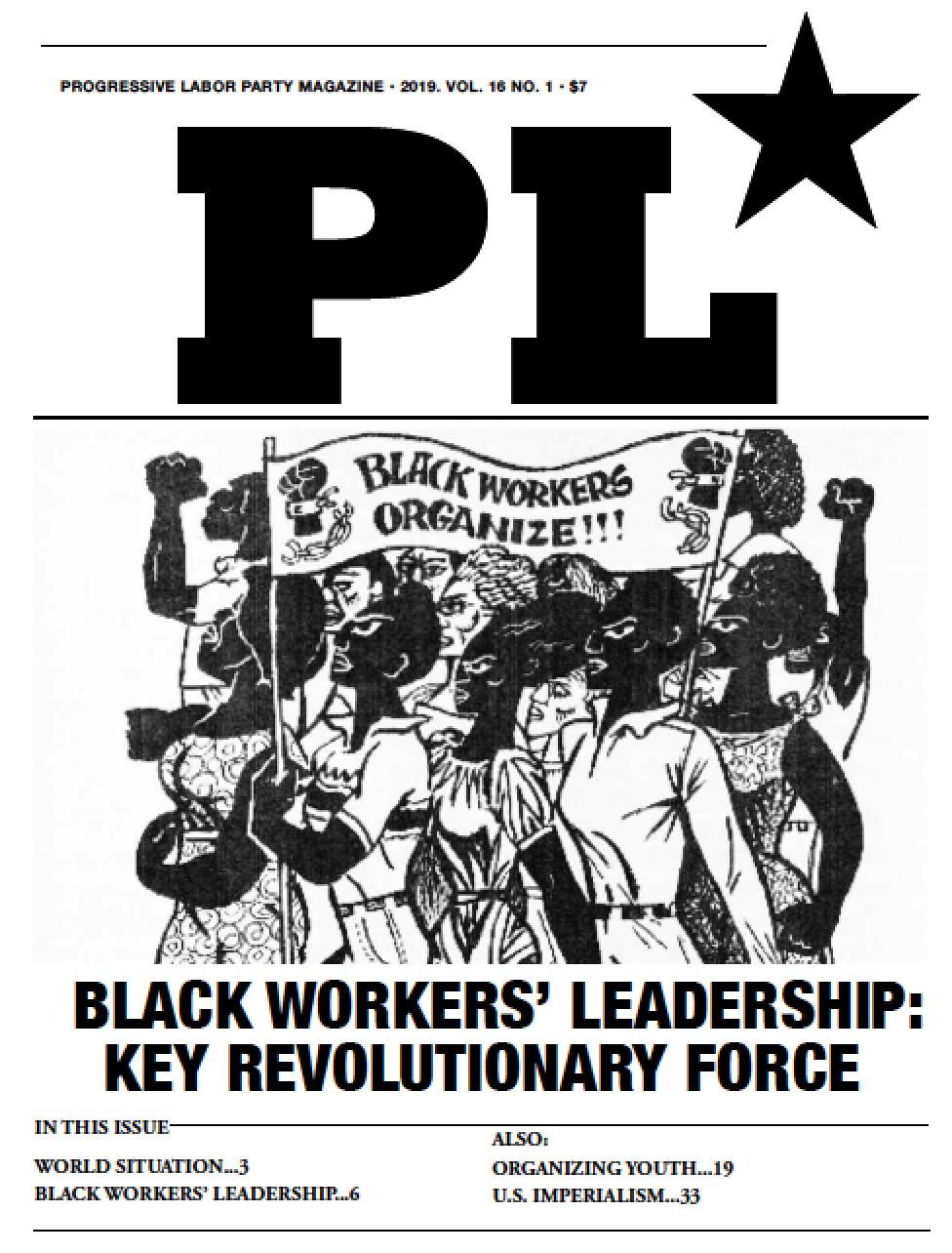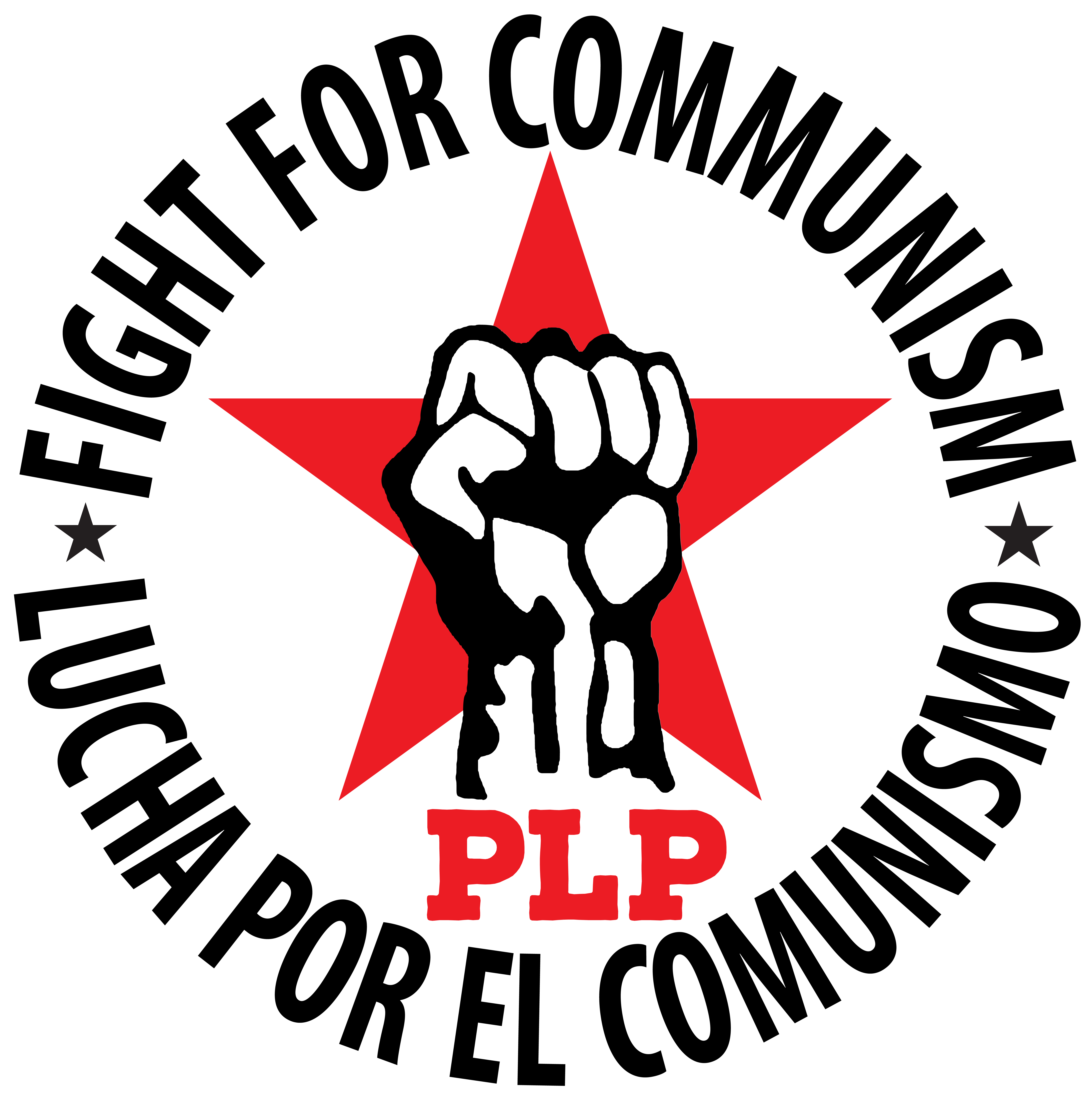Blacklisted: Communist Movement Must Create Its Own Culture
 Thursday, November 13, 2014 at 11:49AM
Thursday, November 13, 2014 at 11:49AM Blacklisted by G.A Davis is a novel and a mystery….but really, it’s much more. As its sub title says, it focuses on “A Family Targeted by McCarthy.” It’s about working-class people and their community. It’s an exciting read for those who know about this period as well as for those who’ve never heard of McCarthy’s anti-communist witchhunts.
BUT…this is a novel, not an historical text. The central character and narrator is a high school student, 15-year-old Josie, who grew up in a left-wing, political and active union family. 
Josie’s Uncle Victor is a public figure in post-war Seattle, a long-time union organizer and fighter for the working class of every heritage, “race” and ethnicity. The novel takes place in the early 1950s when Victor is subpoenaed by the House Un-American Activities Committee (HUAC.) The family is under intense FBI harassment. Unexpectedly, Victor dies in suspicious circumstances.
From then on, the novel’s main tension is Josie’s search for answers. How and why did her Uncle Victor die? Where is his missing death certificate? She emerges as an independent and critical thinker.
Josie’s family is interwoven with hundreds who respected them and acted on that respect as the family crisis grows. As Josie says “Seattle is a small town”:
There are union officials and active members who are integrated in the family’s life and help protect Josie from the police and FBI.
Mrs. Fujimoto, the vegetable seller at the market, refuses to take money from Josie’s Aunt. It’s “a donation to Victor.” Turns out, Josie’s Aunt and Mrs. Fujimoto have discussed the Japanese internment and the confiscation of the Fujimoto family farm during World War II.
Josie meets international figures like Paul Robeson as he sings at the border of the U.S. and Canada in 1952.
Josie also moves in a teenage world of high school friends, flirting and love interests. She goes to parties and sneaks into dance halls. She and her circle identify with emerging blues, jazz and early spoken word. She helps organize her friends to ridicule the principal at Garfield High for his racism.
Blacklisted is engaging on every level: characters, culture, mystery, relations among family and friends and historical context. The story helps the reader figure out what created these folks. It lets you see for yourself contradictions in individuals and society when massive pressure comes down from the government apparatus to try to maintain the existing order.
Historical Background
Blacklisted presents a political, social and cultural fabric of Seattle after World War II. The strands were created in the 1920s and 1930s. That was a period of battles for unionization among longshore, logging, cannery and other workers. There were fights against Jim Crow racism and for integration. There was a general strike in Seattle in 1919 and a movement to stop ships transporting arms to the enemies of the Russian Revolution. Internationalism, the fight for socialism and against fascism were real in peoples’ lives. Cultural change such as WPA (Works Progress Administration) murals, blues, jazz, and be-bop bubbled up from below in the post-war spread of African American culture.
These were battles where immigrant and U.S.-born members of the IWW (International Workers of the World) and the Communist Party of the USA played both leading and rank-and-file roles. Josie’s family lives in this context. Their life is made from this whole cloth.
What You Do Counts
PLP members and friends could introduce Blacklisted to a wide audience. It could be great reading for social studies, literature, sociology, labor or other classes in high school and college. Readers can learn much about a period omitted from the history books while engaging in the lives of people struggling for equality and a better life.
You can read Blacklisted to find out that “What you do counts,” counts in big ways like class struggle that challenges existing power relations and counts in smaller, less known, ways like how you live your life and immerse yourself with others. This book helps you imagine just who you can count on when you participate in the struggle for a more collective, communist world. It’s a breath of fresh air in today’s mass culture of cynicism.
As the title says, this is a story about your family, your neighbors, your coworkers and fellow students; people fighting back against massive attack. This story won’t be embraced in mainstream culture. We have to create our own. So, read and distribute the book.





 Progressive Labor Party (PLP) fights to destroy capitalism and the dictatorship of the capitalist class. We organize workers, soldiers and youth into a revolutionary movement for communism.
Progressive Labor Party (PLP) fights to destroy capitalism and the dictatorship of the capitalist class. We organize workers, soldiers and youth into a revolutionary movement for communism.




Reader Comments